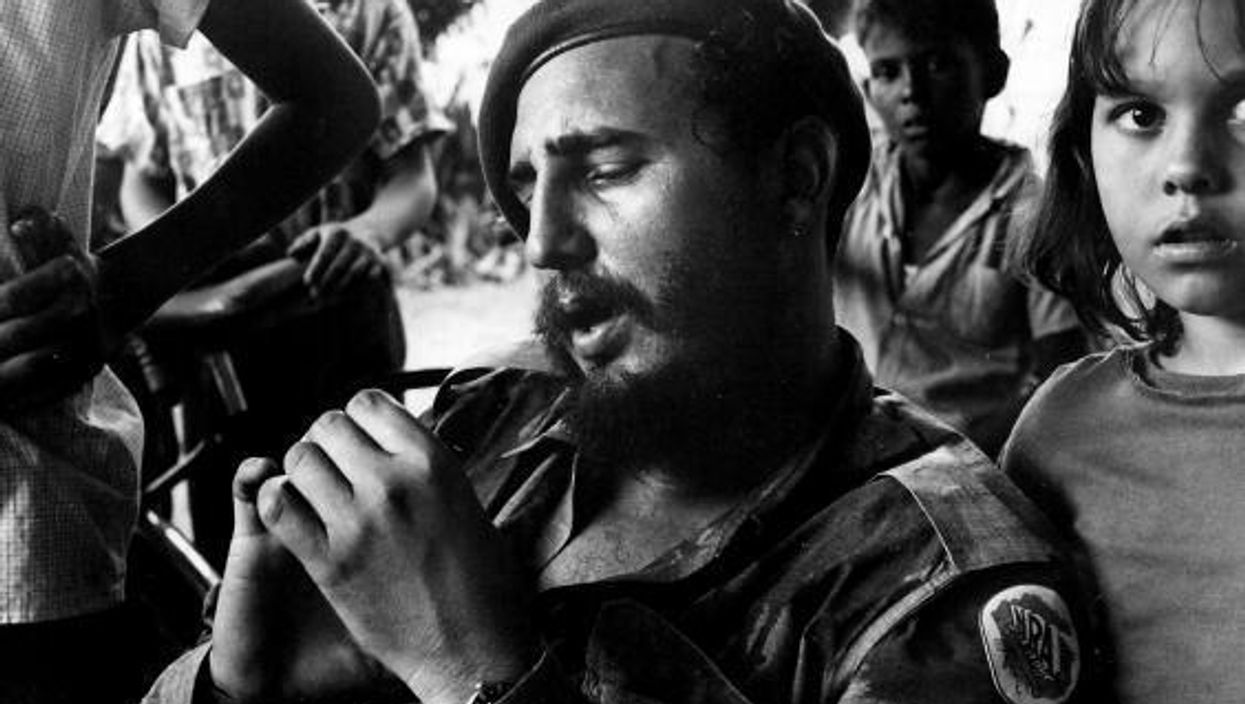Celebrities
Jessica Brown
Nov 26, 2016

Fidel Castro stepped down as leader of Cuba in 2006 after taking over at the end of the 1950s. His death has prompted an outpour of both grief and relief, criticism and praise.
Some have portrayed Castro as a champion of social justice and lauded Cuba's health service while glossing over the many awful things that occurred under his leadership.
For instance, Human Rights Watch’s 2014 report on Cuba, which lists the county's ongoing abuses to citizens' human rights, includes the following:
Arbitrary detentions and short-term imprisonment
The government continues to rely on arbitrary detention to harass and intimidate individuals who exercise their fundamental rights.
The country’s independent human rights group received more than 7,188 reports of arbitrary detentions from January to August 2014.
Detention is often used pre-emptively to prevent individuals from participating in peaceful marches or meetings to discuss politics.
Political prisoners
There were dozens of political prisoners in Cuban prisons, at the time of the report.
Freedom of expression
The government controls all media outlets in Cuba and tightly restricts access to outside information, severely limiting the right to freedom of expression.
Only a very small fraction of Cubans are able to read independent websites and blogs because of the high cost of, and limited access to, the Internet.
Those who publish anything deemed critical of the government risk being subject to smear campaigns, attacks and arbitrary arrests
Travel restrictions
The government can restrict Cubans’ right to leave the island on grounds of “defense and national security” or “other reasons of public interest”. The report states this allowed authorities to deny people their right to leave when they express dissent.
Prison conditions
Prisons are overcrowded, and unhygienic and unhealthy conditions lead to extensive malnutrition and illness. Prisoners are forced to work 12-hour days and punished if they do not meet production quotas.
Human rights defenders
The Cuban government denies legal status to local human rights groups, and will harass, assault, and imprison human rights defenders who attempt to document abuses.
ITV News journalist Rohit Kachroo also pointed out that Cuba ranks 171st out of 180 for press freedom:
More: Why today marks a huge breakthrough in US-Cuba relations
More:What Fidel Castro has to say about friendlier Cuba-US relations
Top 100
The Conversation (0)













